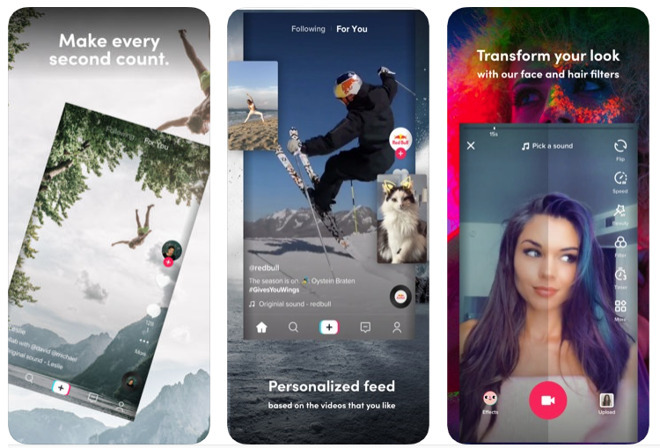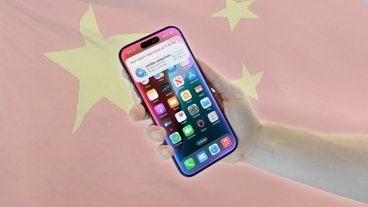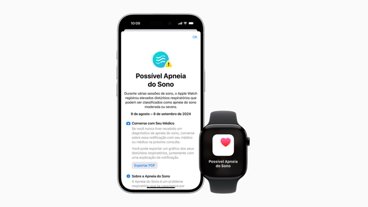Following weeks of legal wrangling, Apple and Google on Wednesday complied with government demands and removed popular video sharing app TikTok from their respective app stores.
The Chinese app was unceremoniously pulled from both the iOS App Store and Google Play Store either late last night or early this morning, as the title is no longer available for download on either platform, reports Quartz India.
The joint removal was facilitated just one day after India's Ministry of Electronics and Information Technology (MeitY) asked the tech giants to take TikTok down, citing child safety concerns.
In early April, the Madras High Court ordered a ban on the app on grounds that it encouraged pornography, but TikTok developer ByteDance requested a stay, saying the ruling would damage its business. On Monday, India's supreme court denied the stay, allowing MeitY to take action.
"We have faith in the Indian judicial system and we are optimistic about an outcome that would be well received by over 120 million monthly active users in India, who continue using TikTok to showcase their creativity and capture moments that matter in their everyday lives," ByteDance said in a statement.
The decision is a massive blow to TikTok's growth potential, as nearly 40 percent of the app's 500 million users are located in India. While existing accounts will be able to access the service, the indefinite moratorium on downloads means TikTok will be unable to attract new users. Of the 188 million new users TikTok gained globally last quarter, 88.6 million were based in India.
Today's ban is the latest in a string of setbacks for TikTok, which in February paid $5.7 million to settle U.S. Federal Trade Commission allegations that the app collected personal information from children under 13 years old. The agency described the settlement as "the largest civil penalty ever obtained by the Commission in a children's privacy case."
 Mikey Campbell
Mikey Campbell








 Wesley Hilliard
Wesley Hilliard
 Malcolm Owen
Malcolm Owen
 Andrew Orr
Andrew Orr
 William Gallagher
William Gallagher
 Sponsored Content
Sponsored Content
 Christine McKee
Christine McKee

 Thomas Sibilly
Thomas Sibilly







7 Comments
That sucks for TikTok. I have never used it, is it really a platform for delivering porn? Or is it just like many other things where porn can be found if you try a little?
Regarding that last paragraph, wasn’t Facebook using their enterprise certificate to allow kids under 13 (among others) to side load their app with the explicit purpose of collecting information about those users? When is their (relatively paltry) settlement going to be paid to the FTC?
I am jealous of Indians, less Tik-Tok cancer for them.
Banned for excess twerking (sp?) and gymnastics challenges... most likely.
Youtube ban up next?
They’re going to have difficulty banning all those secure messaging apps, they’re probably a bigger “problem”. A new one seems to pop up every day...
Okay, I must be missing something. First, I am not totally familiar with TiKTok, however, if it being band for child safety issues like sharing pornographic images, this could be true of any app that has image/media sharing capabilities, also why stop at apps, why not band digital images all together and digital cameras.
Most people today have no clue how difficult it was to get hold of a pornographic image just 30 yrs ago, unless you were buying a playboy, which was seal in plastic sleeve and was behind the counter and you had to ask someone to get it for you. Unless you had your own dark room sending your porno picture off to a photo lab cam with risk of everyone you did not want to see, seeing your dirty pictures. This is why Polaroid's were so popular.
Today it is easy for anyone to get pictures of anything they want. If they want to protect kids go after the parents of the kids, they are the ones responsible for their kids.